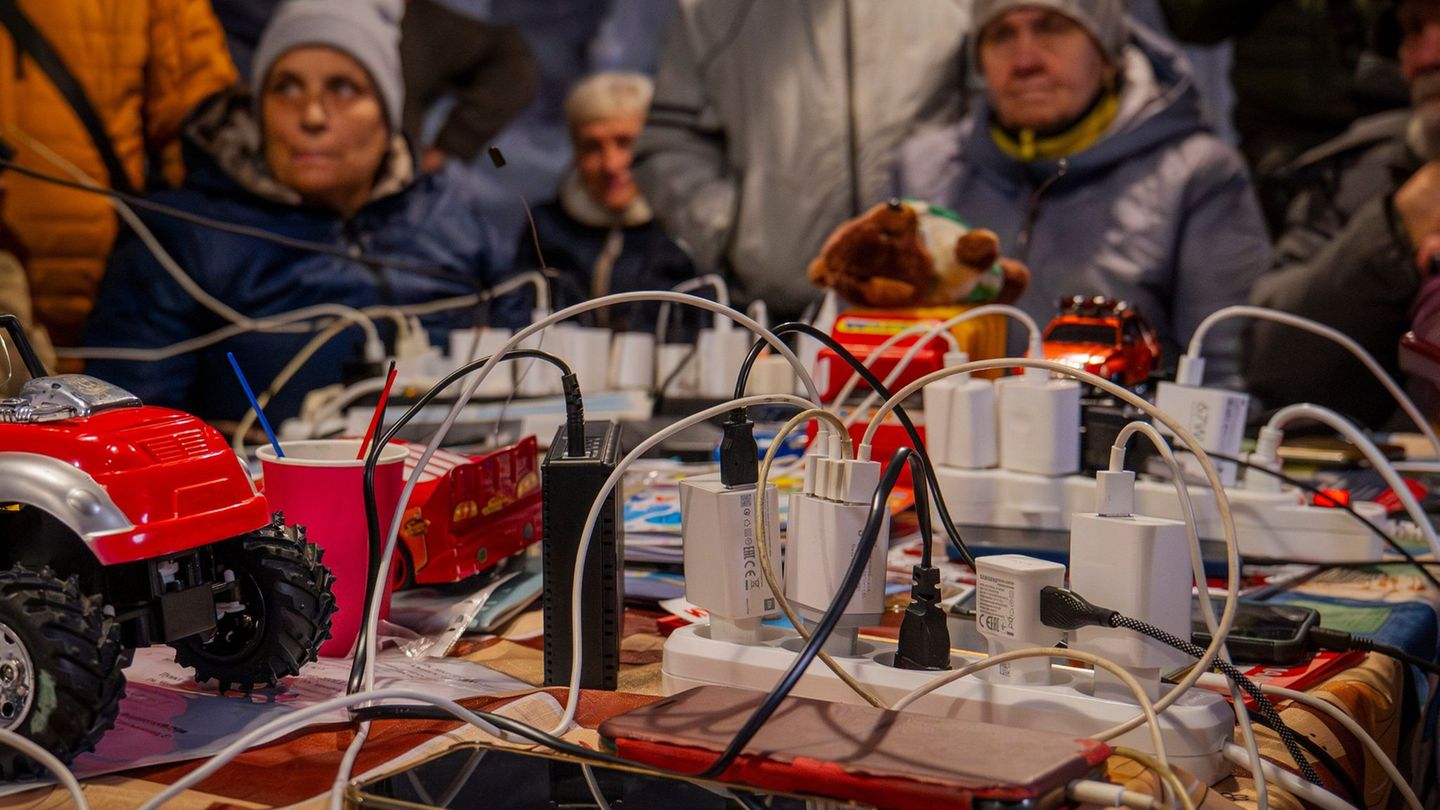Construction sites, fields, factories: With climate change, the number of days on which people have to work in excessive heat is increasing. Employers can provide relief.
Climate change is making work more difficult and dangerous for billions of people. This is reported by the International Labour Organization (ILO). In Europe and Central Asia, the proportion of people exposed to excessive heat at work is low compared to the rest of the world. However, it has increased more than in any other region of the world within 20 years, reports the ILO.
ILO: Millions of people with kidney problems due to heat
It is about working outdoors, for example in fields or construction sites, but also in factories or with protective suits, such as those used by firefighters. Almost 22.9 million people experience accidents caused by heat at work every year, and almost 19,000 die as a result. 26.2 million people live with chronic kidney problems because they do not drink enough at work. In temperatures of 32 degrees or higher, a heavy worker must drink 0.85 liters of water per hour.
In 2020, 29 percent of workers in the Europe and Central Asia region were exposed to excessive heat at times. The region stretches from Portugal through Afghanistan to the western border of China. According to the ILO, this is 17.3 percent more than 20 years previously. In all other regions of the world, the proportion was already significantly higher in 2020 and has increased less sharply.
The largest proportion is in Africa, where 90.2 percent of people are exposed to excessive heat at work at times, followed by the Arab states with 83.6 percent. In total, 2.4 billion people worldwide are exposed to such heat.
Water spray and plenty of drinking water
The ILO recommends, among other things, removing heat sources from buildings and building factories in such a way that less heat gets in, as well as installing shade trees, ventilation or water sprayers. Employers should promote fitness programs because people with robust cardiovascular systems can tolerate heat better. They should allow plenty of breaks and provide enough drinking water and toilets everywhere.
Source: Stern




